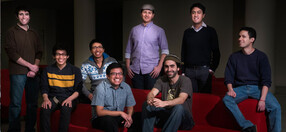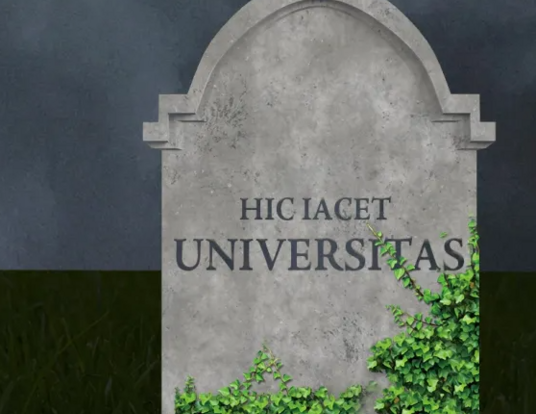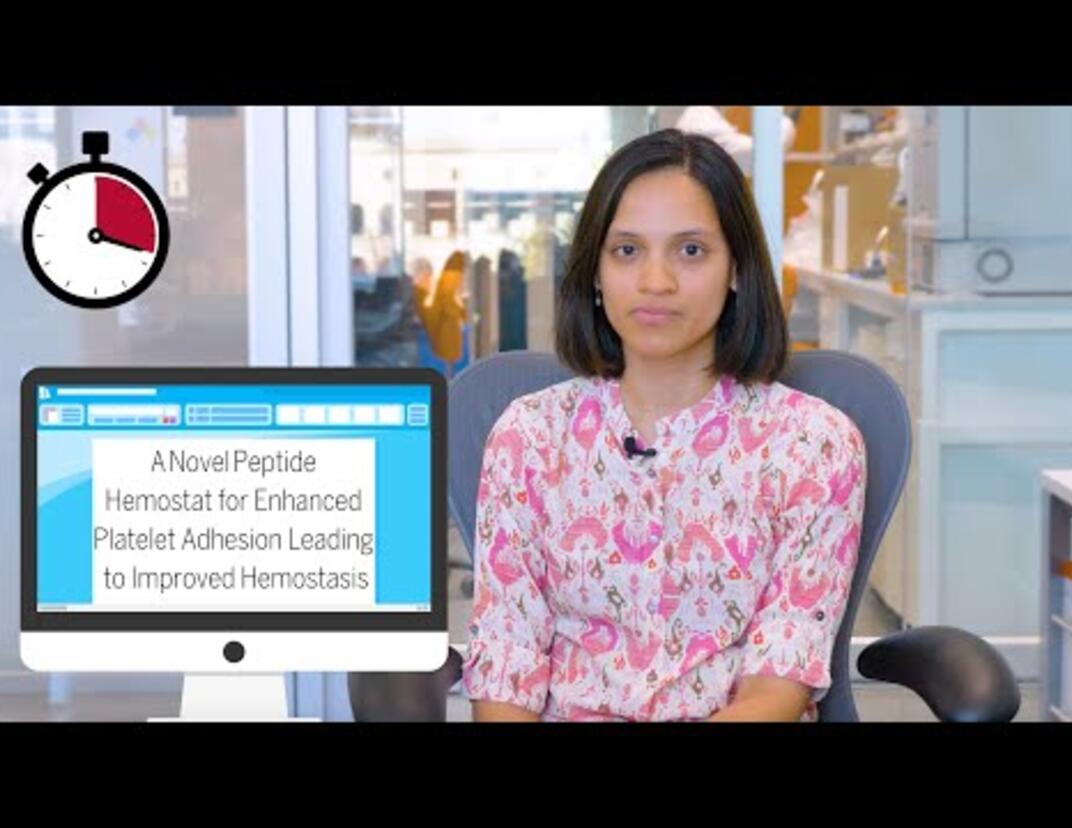Spreading the Science
Harvard PhD students from Mexico lead outreach efforts back home, encouraging others to follow their lead
When GSAS students from Mexico get together, says Rogelio Hernandez-Lopez, a PhD candidate in chemical physics, the conversation seems to always come around to the same topic. “We always end up talking about what we can do for Mexico.”

One such conversation happened this July, at the apartment of Adrian Jinich, from the systems biology department. As a master’s student at the Center for Mathematical Research in Guanajuato, Jinich had organized informal science outreach programs for local high schoolers, leading Saturday workshops and inviting professors to give presentations. “I always had really great science teachers,” Jinich says, “so I wanted to help give some of that back.” The informal talks were soon formalized as the Club de Ciencias Mexico, a nonprofit organizing talks and workshops across the country. Reflecting on the success of this venture, Jinich asked whether it might be continued with students from GSAS.
This January, Jinich, Hernandez-Lopez, and 11 other graduate students and postdocs are traveling to Mexico for the pilot program of what Jinich hopes will become a regular program of science education. Over three weeks, they will teach high schoolers course modules of their own design, on topics drawn from their own graduate research. Topics being taught this pilot year include rooftop gardens, the physics of waves, and “how a worm thinks.” One course, based on Jinich’s collaboration with a computational chemist, concerns their effort to analyze millions of molecules with the aim of perfecting materials for solar cells.
When he thinks about what he wants for his new outreach effort, Jinich thinks of one student, Manuel, from the classes he taught in Guanajuato. Manuel stood out from his classmates immediately, and eventually wrote an email to Rob Phillips, a professor of Biophysics at the California Institute of Technology, which led to a Skype conversation, which led to an invitation for Manuel to work with Phillips in the wet lab over winter break, which led to a summer research stint at Cal Tech. Manuel eventually became first author of a paper on the metabolism of lactose in E. Coli. After returning to Mexico, Manuel organized a science club of his own.
Hernandez-Lopez hopes that Harvard’s outreach will encourage more students to follow Manuel’s example. “The purpose is to engage more students to decide on science as a long-term career,” he says. “People usually think that science is really difficult, and only a career for geniuses – but that’s because there are still inefficiencies in the way we perceive science. If we can introduce students to people working in science, we hope they’ll say ‘I want to be where he or she is.’”
“You find the best and the worst in Mexico,” adds Jinich. “You have institutes with world-class researchers. But you also have the worst reading and math scores among OECD (Organization for Economic Cooperation and Development) countries.” Both Jinich and Hernandez-Lopez describe deficiencies in the Mexican public education system, where there are seldom the resources for much laboratory work and where teachers often have little science education, themselves. The burden often falls, they say, on extracurricular organizations like the Science Olympiad – and, now, their own organization.
“The dream is to recruit more tutors from more schools, and expand to other cities in Mexico,” Jinich says, and Hernandez-Lopez agrees: “We want to take advantage of all our friends here in graduate school doing interesting research. We know we’re privileged to be where we are, so we try to figure out ways to share that privilege.”
Get the Latest Updates
Join Our Newsletter
Subscribe to Colloquy Podcast
Simplecast



